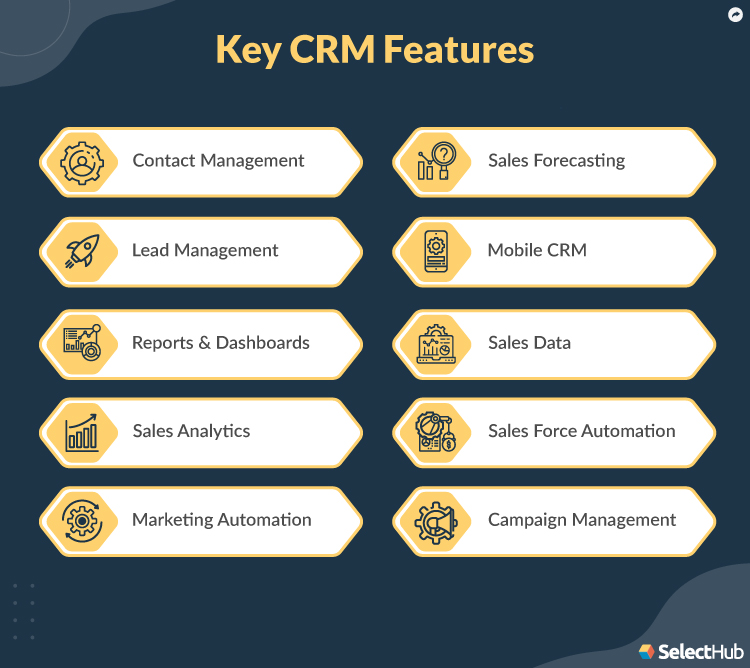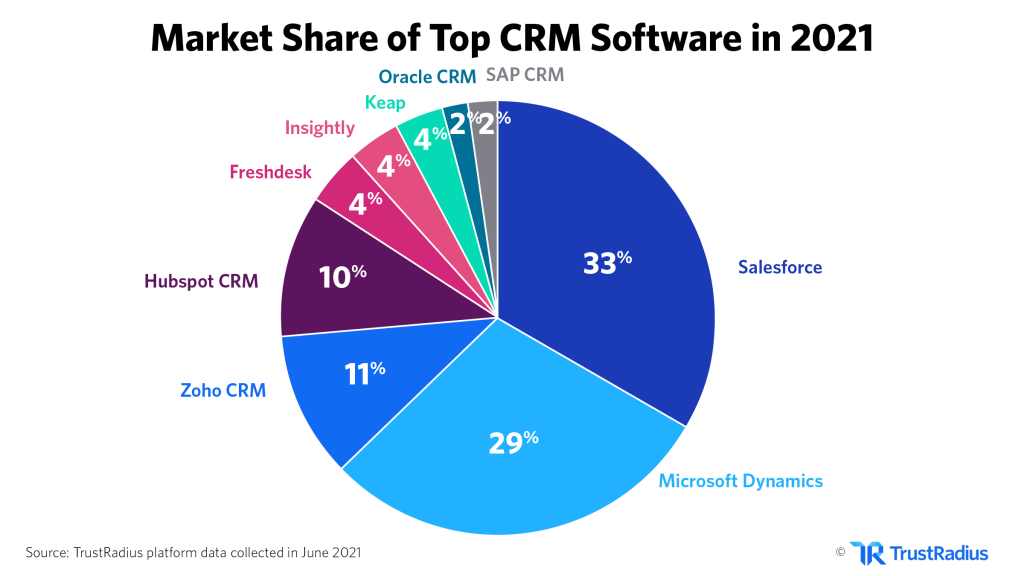Introduction
In today’s hyper-competitive business landscape, customer relationships are the cornerstone of success. Understanding customer needs, preferences, and behavior is vital for any organization aiming to stay ahead of the game. This is where Customer Relationship Management (CRM) steps in as a powerful tool, revolutionizing the way businesses manage and nurture their interactions with customers. In this blog, we’ll explore what CRM is, its key features, and its diverse use cases across various industries. To know more about our CRM product contact us.
What is CRM?
Customer Relationship Management (CRM) is a technology-driven strategy that empowers organizations to build and maintain strong customer relationships. At its core, CRM is a software solution that consolidates and organizes customer data, providing businesses with valuable insights and tools to enhance customer interactions. By streamlining processes, automating tasks, and centralizing customer information, CRM fosters improved efficiency and productivity across all customer-facing teams.

Key Features of CRM
- Centralized Customer Database: CRM platforms gather and store all customer data in a unified database, ensuring that valuable information is accessible to authorized team members from various departments.
- Lead Management: CRM systems help businesses manage leads effectively, tracking their progress through the sales funnel and optimizing conversion rates.
- Sales and Pipeline Management: CRM facilitates sales team management by providing a clear view of ongoing deals, sales pipelines, and forecasting potential revenue.
- Marketing Automation: With CRM, marketing efforts can be automated, including email campaigns, social media posts, and targeted advertisements, leading to more personalized and effective outreach.
- Customer Support and Service: CRM tools aid customer service teams in providing timely, efficient, and personalized support, leading to improved customer satisfaction.
- Analytics and Reporting: CRM platforms offer detailed analytics and reporting capabilities, allowing businesses to make data-driven decisions and monitor the performance of various strategies.
Use Cases of CRM
- Sales Optimization: CRM is extensively used in sales-driven organizations to streamline sales processes, enhance lead management, and improve overall sales performance. By providing valuable insights into customer behavior, CRM helps sales teams tailor their approaches to specific prospects, increasing the likelihood of closing deals.
- Customer Support Enhancement: CRM plays a pivotal role in customer support departments, offering a comprehensive view of each customer’s history, preferences, and previous interactions. This enables support agents to provide personalized assistance and swift resolutions to customer issues, leading to higher customer satisfaction and retention rates.
- Marketing Personalization: CRM empowers marketing teams to create highly targeted and personalized campaigns based on customer data. By segmenting customers according to their preferences, demographics, and purchase history, businesses can deliver relevant content and offers, leading to increased engagement and conversions.
- E-commerce Advancement: In the e-commerce industry, CRM helps businesses manage customer data, track order histories, and deliver personalized shopping experiences. This fosters brand loyalty, reduces cart abandonment rates, and boosts repeat purchases.
- Non-profit and Fundraising: Non-profit organizations utilize CRM to manage donor relationships, track donations, and plan targeted fundraising campaigns. By understanding donor preferences and behaviors, they can optimize their efforts and build long-lasting relationships with their supporters.

Conclusion
Customer Relationship Management (CRM) is a transformative tool that revolutionizes the way businesses engage with customers. By centralizing customer data, automating processes, and providing valuable insights, CRM empowers organizations to make data-driven decisions, enhance customer experiences, and foster lasting relationships. Its wide range of applications across various industries underscores its importance as a strategic asset for any forward-thinking business aiming for sustainable growth and success in today’s dynamic market. Your can check out the list of best selling crm product in the market.
